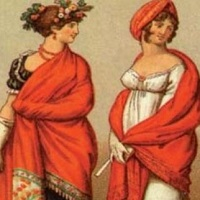Translating science popularization in the eighteenth century: The role of women in the transmission of scientific knowledge

The subject of this paper is women’s popularisation of scientific texts in the eighteenth century. Starting from an analysis of the remarkable surge in female writing in Britain in the second half of the eighteenth century, the article attempts to draw a partial or metonymical picture of this phenomenon by means of two case studies which take us beyond the borders of the British Isles. The former concerns Giuseppa Eleonora Barbapiccola’s Italian translation of Descartes’ Principles of Philosophy (1722). The latter illustrates Elizabeth Carter’s English translation of an Italian treatise on Newton’s optics, Algarotti’s Newtonianismo per le Dame (1737), which became in fact a handbook for women as a result of the translator’s intervention. Both examples illustrate the fundamental role of women in the dissemination of scientific knowledge.
Mirella Agorni is Associate Professor in English and Translation at the Catholic University of Milan, and also teaches at Ca' Foscari Venice. Her recent books include Translating Italy for the Eighteenth Century: British Women, Traslation and Travel Writing 1739-1797 (2002, 2014); Translating for Progress, with Costanza Peverati (2016); Memoria, Lingua, Traduzione (2014); Prospettive linguistiche e traduttologiche negli studi sul turismo (2012). She has also authored numerous articles in the fields of translation (history, theory and pedagogy) and tourism discourse.
Contact: send email.






